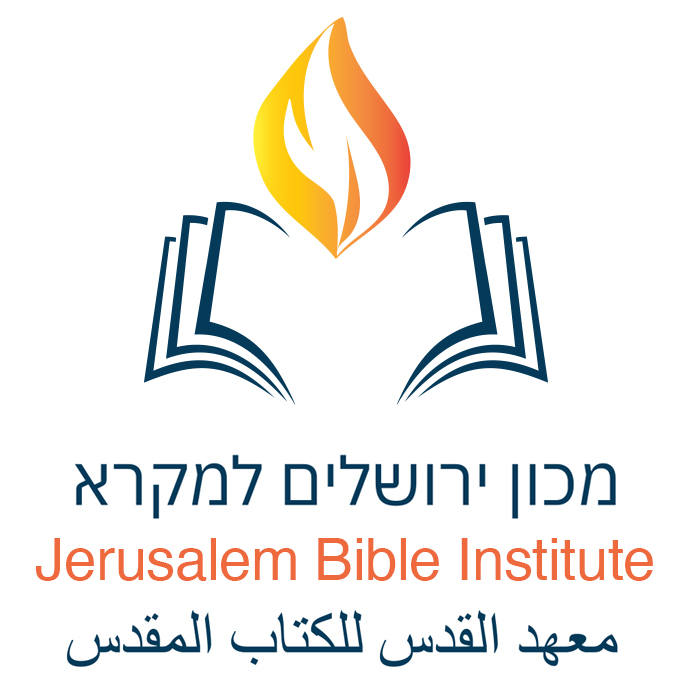
Leviticus 23 summarizes Israel’s Holy Days:
“‘So beginning with the fifteenth day of the seventh month, after you have gathered the crops of the land, celebrate the festival to the Lord for seven days; the first day is a day of sabbath rest, and the eighth day also is a day of sabbath rest 0 On the first day you are to take branches from luxuriant trees—from palms, willows and other leafy trees—and rejoice before the Lord your God for seven days. 41 Celebrate this as a festival to the Lord for seven days each year. This is to be a lasting ordinance for the generations to come; celebrate it in the seventh month. 42 Live in temporary shelters for seven days: All native-born Israelites are to live in such shelters 43 so your descendants will know that I had the Israelites live in temporary shelters when I brought them out of Egypt. I am the Lord your God.’”
So much of Israel’s celebration is based on memory and re-enactment. Faith was based on the foundation of the wonderful works God had done in Israel’s history. Despite the discipline of the desert wandering for 40 years due to Israel’s disobedience, the period was still one of miraculous provision. Israel ate supernatural food and had the supernatural provision of lasting clothes. The eighth day following the seven days of the feast was a day of special assemblies. Rabbinic Judaism enjoins our people to keep all in the Torah that does not require the Temple. We can still live in a Sukkah for 7 days. We can still take the species and wave them before the Lord proclaiming his provisoin and sovereignty over the world.. On the 8th day in Israel and the day after in the Disapora we celebrate the end and the beginning of the readings of the Torah. It is wonderful to celebrate the Feasts in Israel. The climate for harvests and celebrations are part of the timing of Holy Days.
However there are some amazing other features. Numbers 29:12-29 describes the national sacrifices to be brought during the Feast. It was noted by the Rabbis that the number over the course of the week add up to 70 bulls, the number representing all the nations of the World (this from Genesis and the nations noted after the Tower of Babel). The idea is that Israel is the priestly people that interceded for all nations and offer salvation for the nations. This connects to the many passages of the Prophets and the Psalms that proclaim that all nations will come to the knowledge of God, and that will be accomplised through events of the last days taking place in Isarel. Sukkot thus celebrates the vision for all nations to be in the Kingdom of God as we read in Zechariah 14. After that final war against Israel, all nations celebrate the Feast of Sukkot (Tabernacles)
One other reasonable speculation is that Yeshua (Jesus) was born on Sukkot and circumcied on the 8th day. The calcualtion for the time of Zechariah the Priest, the pregnanacy of his wife and then Miriam months later with Yeshua fits well with the time of Sukkot and also fits a feast period when there would be no room in the Inn. He took upon him the tent of a human body in the Incarnation.
We rejoice during this Feast desptie a terrible time of war in our Land against fierce enemies. In the midst of this Feast and war, we are now planning to beging the full time program for Jerusalem Bible Institute.
Recent Posts

Sukkot Joy
Leviticus 23 summarizes Israel’s Holy Days: “‘So beginning with the fifteenth day of the seventh month, after you have gathered the crops of the land,

The Mentorship Approach at JBI
Mentorship is more than just a component of Bible college education at the Jerusalem Bible Institute (JBI)—it’s the heartbeat of our approach. It shapes the

Shavuot: A Time of Harvest and Outpouring of the Holy Spirit
Shavuot or Pentecost as it is known in the Christian World is an important holiday. There is little information on interpreting the Feast in the

Support JBI
Partner with us through giving and prayer


